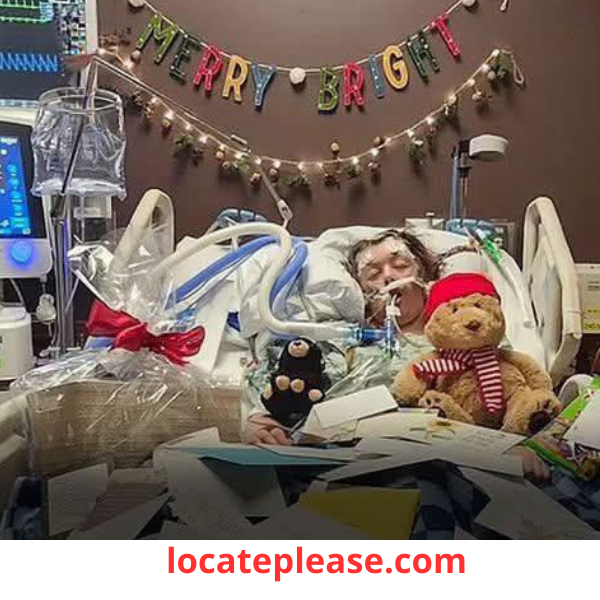In a tragic incident that underscores the importance of food safety and allergy awareness, a college student recently lost her life after consuming a homemade brownie she received from a friend. The heartbreaking event has sparked conversations about allergen labeling, communication around food sharing, and the need for greater vigilance when it comes to dietary restrictions.
The Incident
The young woman, whose identity is being withheld out of respect for her family, reportedly suffered an acute allergic reaction shortly after eating the brownie. Unbeknownst to her, the dessert contained nuts—an ingredient she was severely allergic to. Despite carrying an epinephrine auto-injector (commonly known as an EpiPen), the severity of the reaction overwhelmed her system before emergency services could intervene.
According to reports, the brownie had been baked by a mutual acquaintance who did not realize the potential dangers of cross-contamination or failing to disclose ingredients in shared food items. While no malice was involved, the oversight proved fatal.
A Growing Concern
Food allergies are on the rise, particularly among young people. According to the Centers for Disease Control and Prevention (CDC), approximately 32 million Americans have food allergies, with peanut and tree nut allergies being among the most common—and often the most severe. Even trace amounts of these allergens can trigger life-threatening reactions such as anaphylaxis, which requires immediate medical attention.
This tragedy highlights how even casual exchanges of food—whether at school, work, or social gatherings—can pose serious risks if proper precautions aren’t taken. For individuals with severe allergies, simply trusting that a dish is “safe” without explicit confirmation can be dangerous.
Lessons Learned
- Clear Communication Is Key
When sharing food, especially homemade dishes, it’s crucial to clearly communicate all ingredients used. This includes disclosing any potential allergens like nuts, dairy, eggs, soy, or gluten. If unsure, err on the side of caution and avoid sharing altogether. - Allergen Awareness
Friends and peers should educate themselves about common allergens and their effects. Understanding the seriousness of conditions like anaphylaxis can help foster empathy and encourage safer practices. - Labeling Shared Foods
In group settings—such as potlucks, parties, or dorm events—it’s helpful to label dishes with a list of ingredients. This allows those with allergies to make informed decisions about what they consume. - Emergency Preparedness
Individuals with severe allergies should always carry their prescribed medications, such as an EpiPen, and ensure friends or roommates know how to use them in case of an emergency. However, prevention remains the best course of action.
This heartbreaking story serves as a stark reminder of the importance of respecting dietary restrictions and fostering open dialogue about food allergies. Colleges and universities, where students frequently share meals and snacks, should consider implementing educational programs or campaigns to raise awareness about food safety. Additionally, peer groups can play a vital role in creating supportive environments where everyone feels comfortable discussing their needs.
The loss of this bright young college student is a sobering wake-up call for communities everywhere. It reminds us that seemingly small actions—like checking ingredients or asking questions before sharing food—can have profound consequences. Let this tragedy inspire greater mindfulness and compassion so that others may be spared similar heartache.
If you or someone you know has food allergies, take a moment to review your emergency plans, update your medications, and talk to those around you about staying safe. Together, we can prevent future tragedies and create a more inclusive world for people with dietary restrictions.






